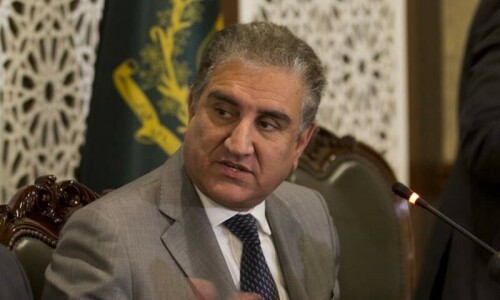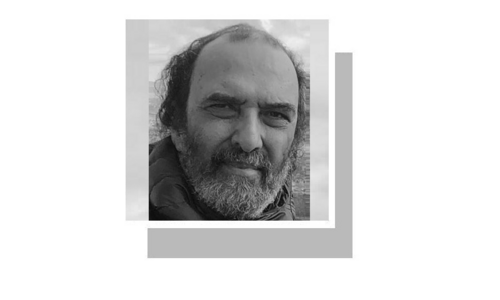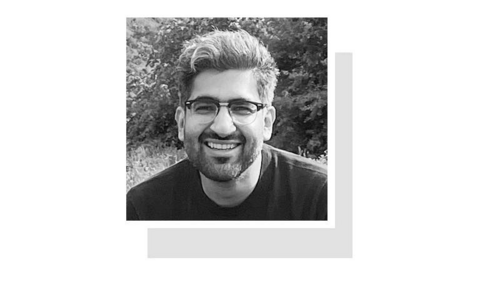LAHORE: A newly formed Board of Governors has taken over the administrative and financial control of Punjab’s largest state-run teaching institute, Mayo Hospital, after electing unopposed its first chairman as provided under the Punjab Medical Teaching Institutions (MTI) (Reforms)Act 2020.
The former vice chancellor of the University of Health Sciences and known paediatric surgeon, Prof Dr Mahmood Shaukat, was elected the chairman during the first meeting of the seven-member board held recently.
Under the MTI Act, the board will runall financial, administrative and other affairs of the 2,800-bed Mayo Hospital and the recently restored 150-year-old King Edward Medical College.
From now onwards, the health authorities will have nothing to do with the administrative matters of the institute, except issuing the one-line annual budget approximately amounting to Rs9 billion. All the top administrative positions, including chief executive officer, medical superintendent and additional medical superintendents, will be renamed.
Health authorities to have no control over administrative, financial matters
Mayo Hospital has become the first public sector teaching institute of Lahore where the MTI Act has been enforced.
All the board members attended the meeting through Zoom, including senior lawyer Usama Siddique, economist Ikramul Haq, Prof Dr Imran Akram, Prof Dr Amir Ali from Shaukat Khanum Memorial Hospital, businessman Arif Saeed, Prof Turrab Hussain and chairman Prof Dr Shaukat.
In January, the Punjab government had restored the King Edward Medical University to its 150-year-old historic status of a college, some 15 years after the upgrade, as per a goal of the Act.
Under the Act, all assets of the university have been transferred back to the college. In the next phase, the Board of Governors of the institute will appoint a dean or principal of the college as its head. After the appointment, the university will be shifted to a seven-storey block that was completed in 2013-14 within the institute or to its Muridke campus allocated by the Punjab government. The university will continue conducting examinations and running its postgraduate programmes, including MPhil and PhD, while the college will function simultaneously.
Now the faculty, moveable and immoveable assets, including Mayo Hospital, have been transferred back to the college. Out of the approximately 1,300 posts of the university, more than 900 belonged to the college.
Talking to Dawn, Prof Shaukat shared their future plan and strategy to make it a model institution of the province.
In the next phase, he said, the board would divide the hospital into five mega blocks. A Grade 20 administrative officer will be appointed against each block as a director.
“The institute has a list of 250 kinds of medicines that were being administered to patients,” he said, adding that he had issued directions to display the list of these medicines outside all the 44 wards of the hospital for public awareness.
Under the MTI Act, the Board of Governors had also been given complete financial autonomy and it would take some important decisions in the next meeting for the re-allocation of funds within the institute.
“We have engaged the Punjab Health Foundation to computerise the entire record of the hospital, including patients, medicines, equipments, employees and budget,” Prof Shaukat said.
The board has also decided to establish new intensive care units. “We are going to appoint an acting dean/principal of the KEMC and a final decision will be taken in the next meeting of the BoG,” he said, adding that later a process will be initiated to fill this position with a regular incumbent.
To a question, he said all the employees, including doctors, nurses and paramedics, will continue to work at the institute as per their previous service status. However, the board will surrender services of those employees to the health department who participated in protests and strikes at the institute.
The board would also give an option to the employees whether they wanted to continue to serve at the institute or get transferred to any other facility, the chairman added.
Published in Dawn, May 11th, 2021















































Dear visitor, the comments section is undergoing an overhaul and will return soon.